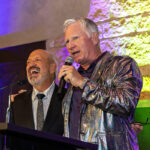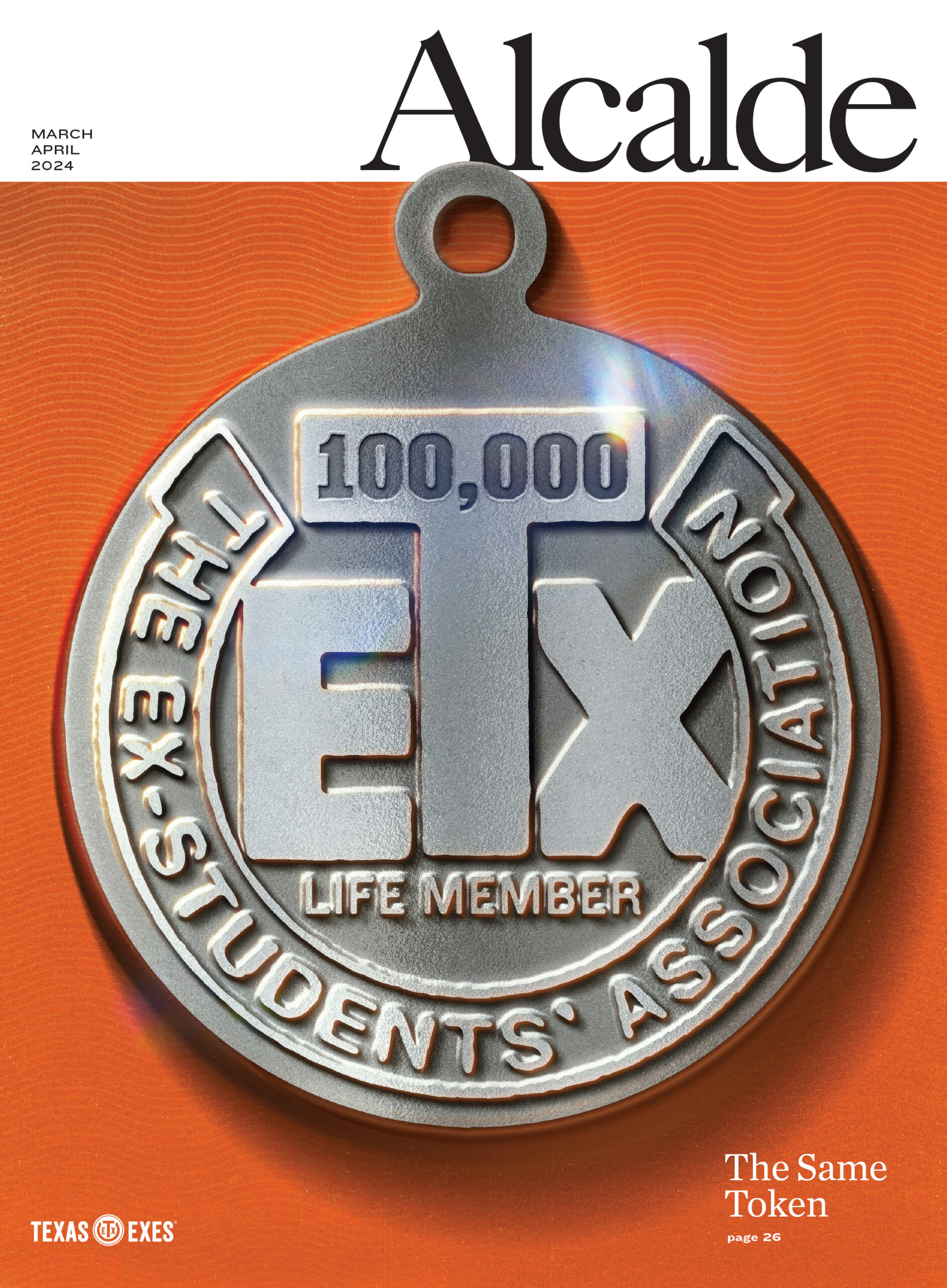Staying In Tune: SIMS Foundation Aids Musician Mental Health

The same year Austin country music singer Janet Lynn lost both of her parents, she also lost her 23-year-old son, Keith, to suicide. It was 2007 and she was living in Nashville, working with artists like Charlie Louvin at the Grand Ole Opry.
“I was on my knees,” she says. “You’re not supposed to bury your child. Nothing mattered to me. I was trying to survive, but I was struggling.”
As months passed, Lynn was wracked with guilt, could barely speak above a whisper, and lost all desire to sing. “My voice went away,” she says. She moved back to Austin with her daughter and husband Brent Wilson, guitarist for local band the Wagoneers. Knowing she needed help, Lynn called the SIMS Foundation, a nonprofit organization that assists Austin musicians in need of mental health services. The foundation put Lynn in grief therapy, and for the next four years, she religiously attended, despite it being, in her words, “a daily, hourly struggle.”
“You don’t get over anything like that,” she says. “But you cope with it and you move forward. I think I would’ve been completely stuck without SIMS.”
The foundation, which is celebrating its 20th anniversary this year, operates through a network of about 75 mental health service providers to help around 600 musicians annually. Musicians—and, as of this year, anyone else who works in the music industry—can dial the foundation’s 24-hour Confidential Client Line, where they are directed to speak with a SIMS Counselor. Depending on their case, they will be connected to one of the providers, including psychiatrists, addiction medicine specialists, and institutions like Austin Recovery.
 Through SIMS, musicians pay what they can afford while the foundation covers the rest of the fees through reimbursement. The providers also help by offering their service at a discounted rate for SIMS patients as a form of charity.
Through SIMS, musicians pay what they can afford while the foundation covers the rest of the fees through reimbursement. The providers also help by offering their service at a discounted rate for SIMS patients as a form of charity.
“They want to give something back to the community,” says SIMS clinical director and former musician Brad Pierson, MA ’89, Life Member. “I think Austin is just very aware of music. Many people who now practice mental services here were either a part of or close to the music scene.”
Established in 1995, the SIMS Foundation was inspired by the death of Sims Ellison, a local songwriter and member of the ’90s band Pariah. His story is not unlike that of Lynn’s son. Though Ellison was a beloved member of the Austin music community, he struggled with depression and anxiety. When he committed suicide that year, many people were devastated.
Friends, family, and community members donated money to build a statue in his honor, but Michael Corcoran, former music critic at the Austin American-Statesman, wrote a piece suggesting Ellison’s family use the money to help others like him. From there, Ellison’s father Don, Austin Rehearsal Complex co-owners Don Harvey and Wayne Nagel, recording artist Alejandro Escovedo, and attorney Walter Taylor, JD ’89, laid down the groundwork to create the SIMS Foundation.

“The community was ecstatic,” Taylor says. “But the need grew faster than the funds.” The number of people searching for help was greater than the founders had anticipated. That’s when Austin radio station KGSR offered to dedicate proceeds from its Broadcasts CD series in 1998, providing the foundation with some necessary financial stability. To this day, KGSR helps fund the foundation along with other organizations around the city.
Currently, organizations like SIMS and the Health Alliance for Austin Musicians (HAAM) provide services to 12.4 percent of the music population, according to the 2015 Austin Music Census. Taylor, a former Austin musician, says he never experienced what Ellington or other musicians felt at the same level. But in an industry that picks winners and losers, he says vulnerability is inevitable.
“You have these creative artist types who have to fully commit themselves to their music,” he says. “And I think it’s difficult for people who are really good at their craft to accept the constant rejection.”
Assistant professor of medicine at the Dell Medical School and SIMS Board of Directors member Lloyd Berg, PhD ’95, says there are common misconceptions about musicians and their mental health. One notion is the “tortured artist” myth, which implies musicians by nature are more prone to mental illness because of their creativity, often making them reluctant to get help for fear of becoming inhibited.
Although research suggests musicians are at higher risk of anxiety, depression, alcohol use, and suicide than the general population, Berg says the reasons why are still largely unknown. Currently, he and his peers at SIMS and the Dell Medical School are working to understand causes of mental illness in musicians, with plans to publish their research by next year.
Berg wants to examine how much of the stresses are occupational or financial. Not only did the census report 68.4 percent of musicians earn less than $10,000 from music industry-related income, but the artists also deal with erratic schedules, tolls of traveling, familial issues, and frequent exposure to drugs and alcohol.
“We also want to show mental health services improve quality of life,” he says. “We’re hoping to get this information out that musicians do well with mental health services. It does not harm their creativity.”
After completing her therapy in 2012, Lynn is back to singing onstage, working additionally as a life coach, music coach, and the owner of music label AusTex Records. Lynn, who told the foundation she’d always be willing to share her story, encourages anyone who needs help to get it.
“It is a sign of courage when you can call a place like SIMS,” she says. “It’s a leap of faith that you want something better in life.”
Photo credits from top: Cecile Fusco Photography; SIMS Foundation; Todd V. Wolfson

















No comments
Be the first one to leave a comment.